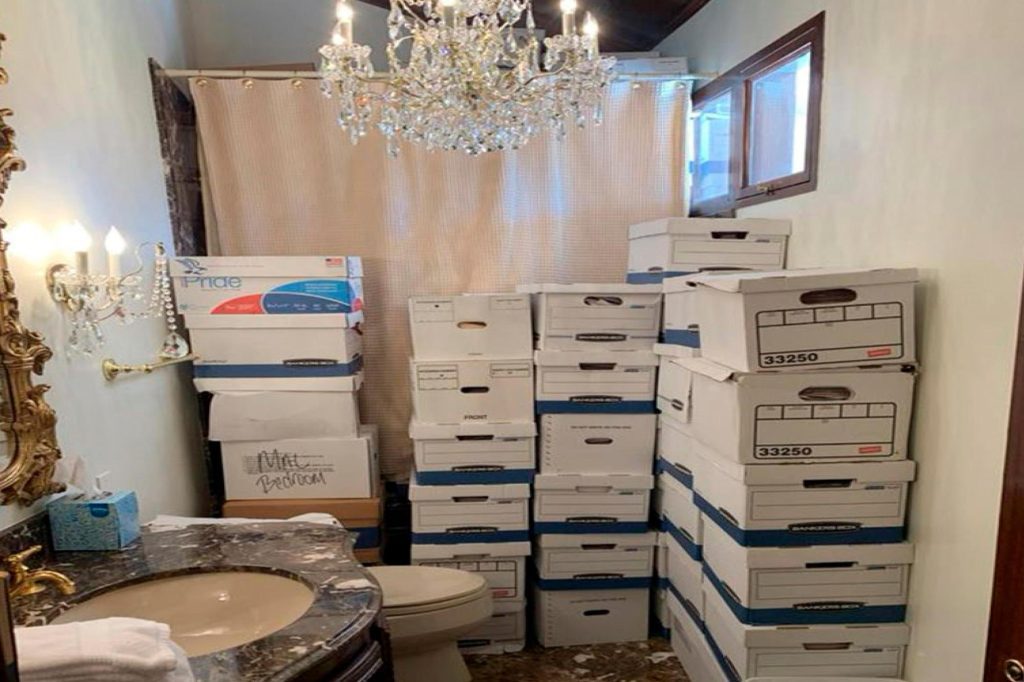By ERIC TUCKER (Associated Press)
WASHINGTON (AP) — The federal judge managing the classified documents case against former President Donald Trump approved a request by prosecutors on Tuesday to protect the identities of potential government witnesses.
But U.S. District Judge Aileen Cannon refused to completely prevent witness statements from being revealed, stating that there was no justification for such a broad limit on their inclusion in pretrial motions.
The 24-page order focuses on a disagreement between special counsel Jack Smith’s team and Trump's attorneys regarding how much information about witnesses and their statements can be publicly disclosed before the trial. This disagreement, which had been pending for weeks, was one of several issues before Cannon that had slowed down the case against Trump, one of four prosecutions he is facing.
The trial date is still uncertain, although both sides have indicated they may be prepared this summer. Cannon, who previously faced strong criticism for her decision to grant Trump’s request for an independent arbiter to review documents from an FBI search of Mar-a-Lago, expressed her continuing skepticism of the government’s prosecution theory, stating Tuesday that the case raised “still-developing and somewhat muddled questions.”
By changing her previous decision and supporting prosecutors in protecting witness identities, Cannon likely prevented a significant escalation of tensions with Smith’s team, which last week described a separate order from the judge as “fundamentally flawed.”
The issue emerged in January when defense lawyers filed a motion, in partially unredacted form, seeking to compel prosecutors to hand over a large number of documents that they claimed would support their argument that the Biden administration had tried to use the government to charge Trump.
Defense lawyers requested permission to file the motion, which included information obtained from prosecutors, in mostly unredacted form. However, prosecutors objected to opening the motion to the extent that it would expose the identity of any potential government witness.
Cannon then granted the defense request for the motion and its exhibits to be filed in unredacted form as long as the personal identifying information of witnesses remained sealed. Smith’s team asked her to reconsider, stating that witnesses could face threats and harassment if publicly identified.
In agreeing on Tuesday for the witness names to remain redacted, she wrote, “Although the record is clear that the Special Counsel could have, and should have, raised its current arguments previously, the Court elects, upon a full review of those newly raised arguments, to reconsider its prior Order.”
However, the order was not a complete victory for prosecutors.
Cannon rejected a request by Smith’s team to seal the substance of all witness statements from pretrial motions, except for information that could be used to identify witnesses.
"According to Cannon, the cases mentioned in the Special Counsel's documents do not support this broad request, nor were they intended to. In addition, after conducting its own investigation, the Court found that granting this request would be unprecedented: no similar authorization has been found in any case, well-known or not."









